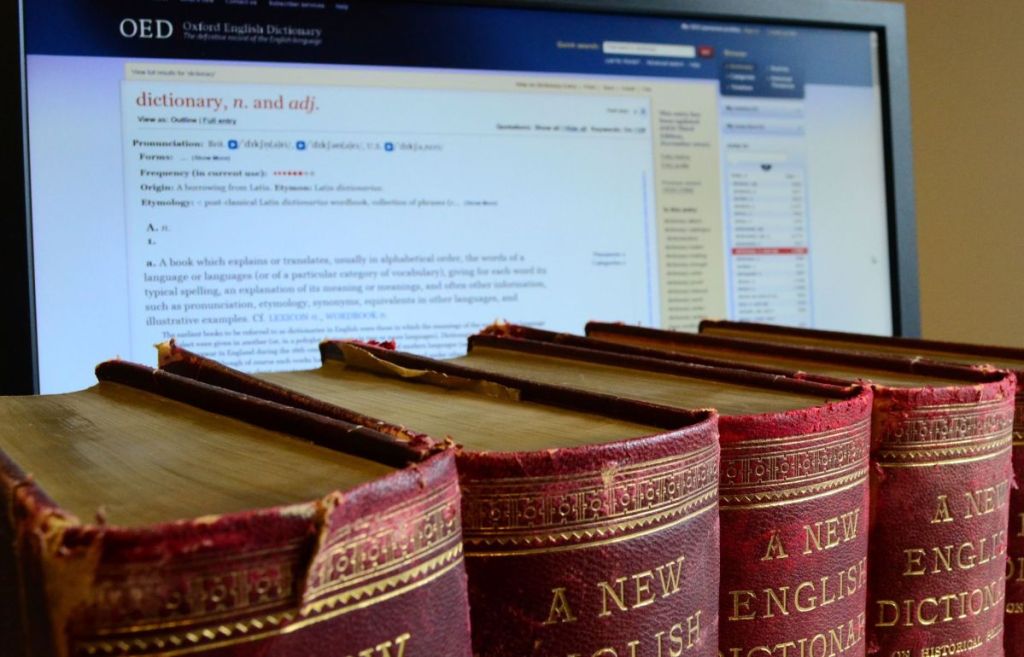NEW YORK — From the positively medieval to the beat of contemporary music: Brencheese, deathshildy and hip-pop are among about 1,000 new or refreshed entries added in June to the online Oxford English Dictionary.
The additions are part of the company’s quarterly update of its searchable subscription website, Oed.com. The dictionary’s 20-volume third edition in print has been in process since 2000 and likely won’t be ready for more than a decade, said Katherine Connor Martin, who heads U.S. dictionary operations.
Generally, the OED tracks usage for at least 10 years before deciding whether to add a new entry, new definition or word related to an existing entry, she said. The rule of thumb is sometimes not followed, as in the case of “tweet,” which was added well before that benchmark. But the OED has other roles as well.
“It’s funny because we talk about new words but many of the words we add are already obsolete. It’s just that they were never in the dictionary before,” Martin said in a recent interview. That, she noted, is the nature of a historical dictionary looking to put more than 1,000 years of English into context in volumes already stuffed with more than 855,000 words, senses and compounds. Hence, brencheese, a rare reference to bread and cheese when eaten together. It stretches back to 1665. The word deathshildy references Old English for someone guilty of a capital crime and condemned to death.
On the way, way, way more recent front: hip-pop, for music that combines elements of hip-hop and pop. The OED found a 1985 reference in a Pennsylvania newspaper to “hip-hip pop,” and a 1991 reference in a Florida newspaper to M.C. Hammer’s “hip-pop.”
Along with the ancient esoterics are some cultural obligations: binge-watching, spoiler alert and microaggression, all buzzy today.
Some other highlights:
IMPOSTOR SYNDROME: It dates to 1982, when Vogue magazine ran a story about women who felt they were suffering from “impostor phenomenon,” a term used by psychologists for the “persistent inability to believe that one’s success is deserved or has been legitimately achieved as a result of one’s own efforts or skills.”
SILENT GENERATION: The silent generation, Martin said, describes “people born before that of the baby boomers,” spanning roughly the mid-1920s to the mid-1940s. They’re “perceived as tending towards conformism or restraint in their outlook and behaviour,” according to the new dictionary entry.
HOMOPHILY: Consider the adages “birds of a feather flock together” and “like attracts like” and you’ve got homophily. It’s defined by the OED as the “tendency of people to be drawn to or seek out those they perceive to be most like themselves,” and more generally as “similarities between individuals or groups.”
Send questions/comments to the editors.



Success. Please wait for the page to reload. If the page does not reload within 5 seconds, please refresh the page.
Enter your email and password to access comments.
Hi, to comment on stories you must . This profile is in addition to your subscription and website login.
Already have a commenting profile? .
Invalid username/password.
Please check your email to confirm and complete your registration.
Only subscribers are eligible to post comments. Please subscribe or login first for digital access. Here’s why.
Use the form below to reset your password. When you've submitted your account email, we will send an email with a reset code.